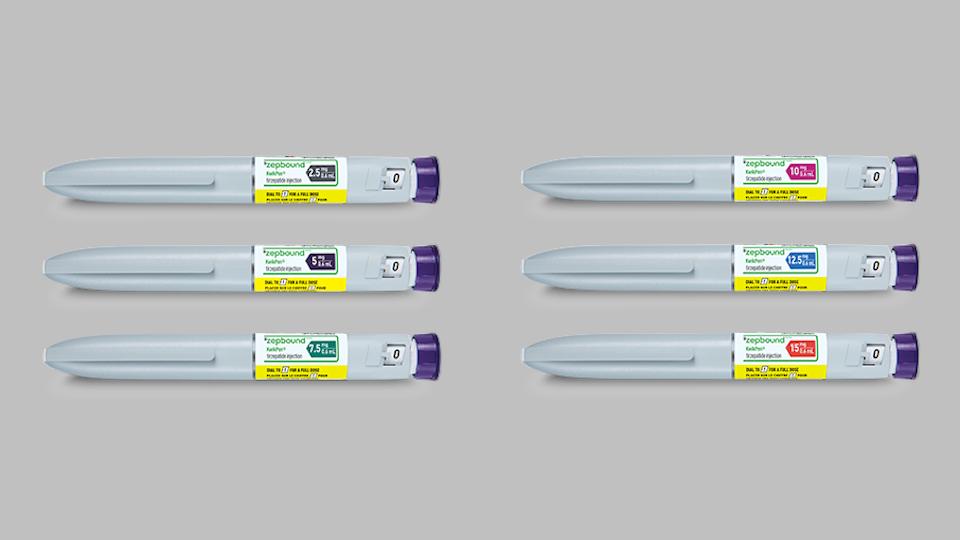Fulcrum repurposes failed GSK drug for rare disease

GSK’s failed cardiovascular drug losmapimod looks like it might get a new lease of life after being picked up by biotech Fulcrum Therapeutics, who want to repurpose the drug to treat the rare genetic disease facioscapulohumeral muscular dystrophy (FSHD).
Fulcrum had identified inhibitors of p38/ mitogen activated protein kinase (MAPK) as powerful inhibitors of DUX4 expression. DUX4 is the gene that is the root cause of FSHD, a progressive muscle wasting disorder.
This insight into the DUX4 regulatory pathway led the team to review existing p38/ MAPK inhibitors and identify losmapimod as a compound with the potential to address the root cause of FSHD by decreasing DUX4 expression.
GSK initially trialled losmapimod as a cardiovascular disease treatment, before shelving the drug after late-stage failures.
The drug was never tested in muscular dystrophies, but Fulcrum notes that the 24 trials it went through proved the drug to have a robust safety profile.
Meanwhile, the company has conducted preclinical testing of losmapimod in patient-derived cell models and observed “precise and potent” downregulation of DUX4 expression and restoration of a healthy muscle phenotype without an effect on myogenesis.
It expects to initiate a Phase 2b clinical trial in patients with FSHD in mid-2019.
“Losmapimod is a foundational clinical asset for Fulcrum that has the potential to become the first approved therapy that targets the root cause of FSHD,” said Robert Gould, Fulcrum’s president and chief executive officer. “We believe losmapimod has the potential to slow or halt the progressive muscle weakness that characterises the condition, which would significantly improve patients’ quality of life.”
Under the terms of the agreement, GSK received shares of Fulcrum preferred stock representing a high single-digit ownership percentage of the company on a fully diluted basis, and will be eligible to receive future milestone payments and royalties.
Fulcrum obtained all worldwide development and commercialisation rights for losmapimod, as well as existing drug substance and drug product materials for use in its clinical trials.
FSHD is one of the most common muscular dystrophies. The progressive, degenerative and disabling rare disease is estimated to affect about 1 in 8,333 to 1 in 20,000 people globally. There are no approved treatments.
Fulcrum, which launched in 2016, focuses on gene control mechanisms for drug production, and aims to create new small molecule drugs to target diseases, an approach which may prove less risky than developing novel biologic or regenerative medicine therapies.










